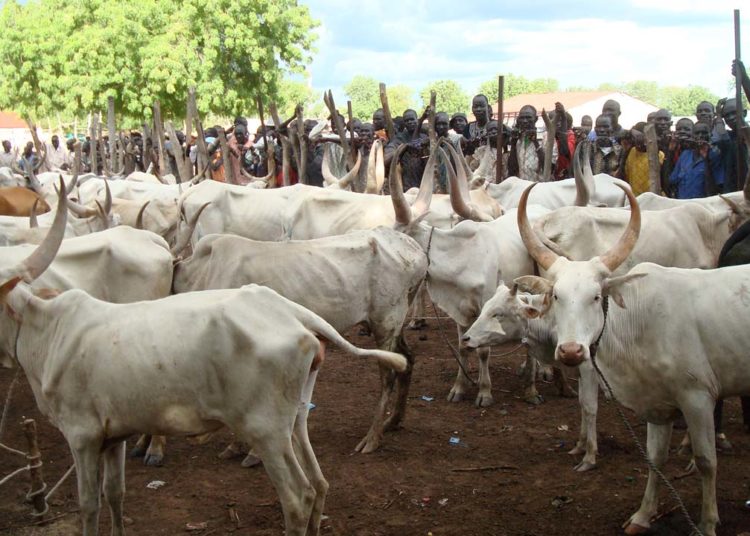To support the growth and sustainability of Nigeria’s livestock industry, IFC yesterday, announced a $4.5 million financing package to support Nigerian subsidiary of Bar Magen LTD, Agro Bar Magen Nigeria (ABMN), a livestock feed manufacturing company, to increase production of livestock feed and the development of feed storage facilities in the country.
IFC’s $4.5 million financing package, supported by the private sector window of the Global Agriculture and Food Security Program (GAFSP), will support Bar Magen to expand production of livestock feed additives such as vitamin and minerals premixes in Nigeria and to build the country’s first salt and mineral block licks production facility, thereby improving smallholder farmer access to these critical animal feed nutrients.
Salt and Mineral blocks licks are essential nutritional components for ruminant animals such as cattle, goats, and sheep.
The project will also support the company to expand its warehouse capacity to store feed raw materials, helping to prevent supply shortages and reduce reliance on imports.
Founder and president of Bar Magen, Rami Bergman, in a press statement, made available to LEADERSHIP, said “agribusiness remains a significant contributor to the Nigerian economy. IFC’s support is essential to help us respond to challenges resulting from the rising costs of importation and supply chain bottlenecks of livestock feed.
will help increase local manufacturing and distribution of feed additives, and develop the animal feed processing operations in Nigeria.”
IFC’s senior country manager for Nigeria, Kalim M. Shah, said: “IFC’s partnership with Bar Magen will strengthen sustainable food systems in Nigeria and significantly contribute to food security and nutrition by supporting a more sustainable livestock sector. In addition to supporting the country’s agriculture sector, the project will contribute to further developing Nigeria’s manufacturing base for animal feed processing.”
IFC’s partnership with Bar Magen reiterates its broader work to support sustainable agriculture practices, develop regional value chains and markets, as well as expand job opportunities and economic inclusion in the country.
We’ve got the edge. Get real-time reports, breaking scoops, and exclusive angles delivered straight to your phone. Don’t settle for stale news. Join LEADERSHIP NEWS on WhatsApp for 24/7 updates →
Join Our WhatsApp Channel










